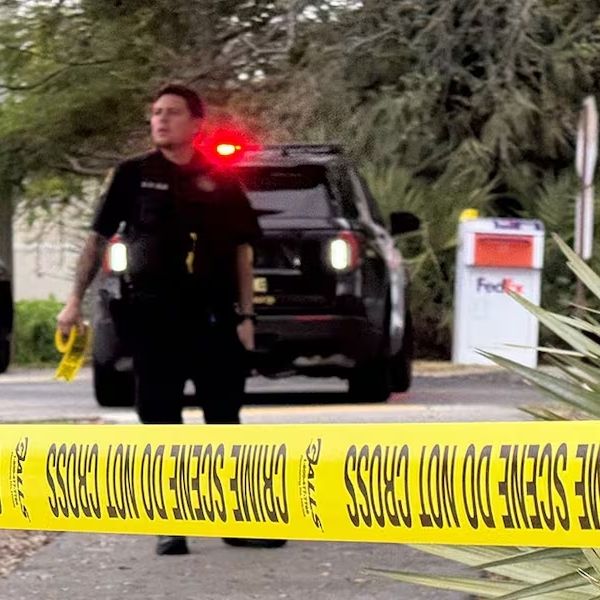COLUMBUS, Ohio —The Ohio property tax reform group established by Gov. Mike DeWine is racing toward its Sept. 30 deadline.
At a recent hearing, members discussed a long list of ideas, including targeted tax breaks modeled on abatements for new builds and eliminating obscure tax credits some argue are prone to abuse. Later this week, the group hopes to focus on a proposal limiting property tax increases to inflation, using House Bill 186 as a starting point. They also plan to address vetoed property tax provisions that prompted the group’s creation.
Lawmakers’ Perspective
Ohio House Speaker Matt Huffman expressed skepticism about the working group but indicated the legislature will take action.
“It’s my — (I) would say intention, let me soften that slightly to expectation — to put those issues up for veto override votes in the month of October,” Huffman said. He noted House Bill 186 will receive significant attention and highlighted voter support for property tax repeal as influencing the discussion.
“By Jan. 1, 2027, if we abolish property taxes, it is a whole new world,” Huffman added.
Residential Stability Zones
Property tax abatements remain a point of debate across Ohio. While they incentivize new home construction, they can increase school enrollment without additional tax revenue. Dublin City Schools Superintendent John Marschhausen noted that state law only requires school districts to be notified of abatements—they have no approval power.
Franklin County Auditor Michael Stinziano and Edward Stockhausen of Cleveland Neighborhood Progress proposed Residential Stability Zones, outlined in Senate Bill 42. Eligible homeowners would receive a partial tax exemption equal to their home’s assessed value increase, protecting residents from rising taxes while maintaining revenue for schools and local services. Eligibility could consider factors like geography, age, tenure, and disability status.
Co-chair Bill Seitz suggested capping the number of zones to prevent misuse, while Warren County Auditor Matt Nolan recommended school board approval for any zone.
Tax Credit Adjustments
Auditors Nolan and Chris Galloway called for eliminating certain tax credits they say unfairly shift the burden to regular homeowners. Ohio currently provides a 10% credit for non-business real estate, including farms and rental properties, while owner-occupancy credit is 2.5%. They argue rental properties should not qualify for the non-business credit, using the savings to boost the owner-occupancy credit.
They also raised concerns about apartment complexes structuring as condos to qualify for credits and about tax-free LLC transfers that bypass conveyance fees. Galloway cited a warehouse sale that doubled in value due to an LLC transfer, leaving taxpayers at a disadvantage.
The working group’s recommendations are expected to guide legislative action as lawmakers return to the Statehouse in October.
This article has been carefully fact-checked by our editorial team to ensure accuracy and eliminate any misleading information. We are committed to maintaining the highest standards of integrity in our content.
















Leave a Reply